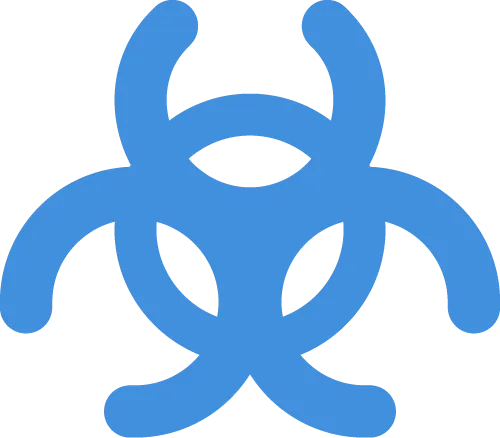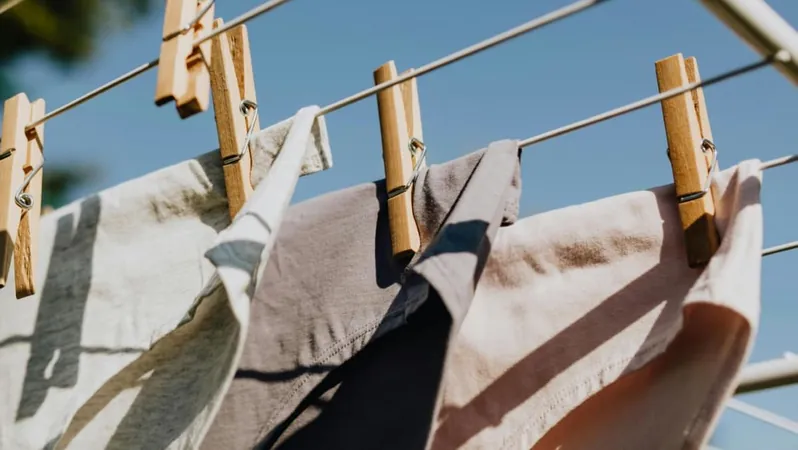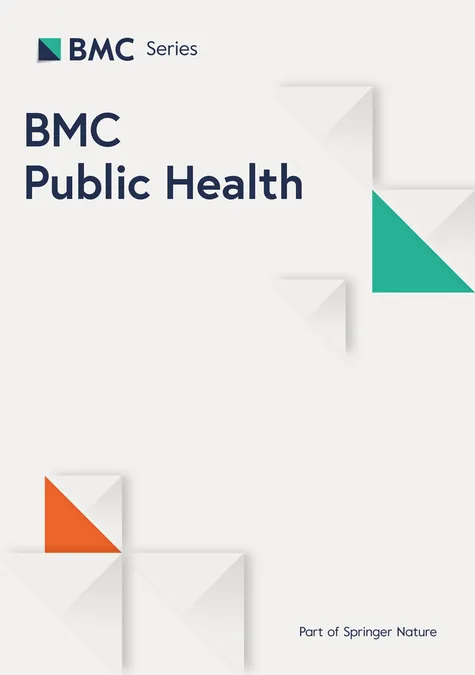
UNICEF Secures Landmark Mpox Vaccine Deal for 77 Countries at Record Low Price!
2024-09-26
Overview of the Mpox Vaccine Deal
UNICEF announced on September 26, 2024, that it has finalized a deal to supply the MVA-BN mpox vaccine at the lowest market price available, ensuring access for 77 low- and lower-middle-income countries. This agreement is a crucial step in the global response to the alarming rise of mpox outbreaks.
Urgency and Negotiations
The pact, cemented shortly after the World Health Organization (WHO) prequalified the vaccine, comes in light of the emergency declared for mpox on August 14, 2024. The urgency of this situation prompted UNICEF to issue an emergency tender on August 29, working closely with key partners including Africa CDC, Gavi, and the Pan American Health Organization.
Pricing and Accessibility
Under this agreement, UNICEF negotiated a groundbreaking price of up to US$65 per vaccine dose, offering relief and hope for countries particularly affected by the crisis, including the Democratic Republic of the Congo (DRC). The deal not only addresses immediate vaccination needs but also sets the groundwork for sustained access to mpox vaccines into 2025. UNICEF is actively assessing additional proposals to secure a reliable supply from multiple manufacturers, ensuring transparency in pricing as part of their ongoing response to the mpox crisis.
UNICEF's Commitment to Vaccine Procurement
UNICEF has made a solid commitment to procure and deliver up to 1 million doses of the MVA-BN vaccine throughout 2024, with Gavi backing 500,000 doses through an Advance Purchase Agreement. Since the outbreak began, UNICEF has already facilitated the delivery of over 265,000 doses to the DRC, playing a pivotal role in the management of the crisis.
Comprehensive Approach to Public Health
The organization’s comprehensive approach not only includes vaccination but also focuses on breaking transmission chains, preventing harm to children, and enhancing community engagement efforts. Beyond vaccines, UNICEF is providing critical resources such as diagnostic tests, personal protective equipment, and hygiene supplies, while also supporting the planning phases of health responses with local authorities.
Financial Appeal and Support
In a broader effort to tackle the rising mpox crisis, UNICEF has launched an appeal for US$58.8 million aimed at addressing the needs in six African nations, where children are especially vulnerable to the effects of this outbreak. Furthermore, contributions in the form of vaccine donations from wealthier countries bolster these efforts significantly.
Conclusion
This landmark agreement represents a beacon of hope in the fight against mpox, showcasing UNICEF's commitment to safeguard vulnerable populations and drive global health initiatives forward. Stay tuned for more developments on this critical public health story!


 Brasil (PT)
Brasil (PT)
 Canada (EN)
Canada (EN)
 Chile (ES)
Chile (ES)
 España (ES)
España (ES)
 France (FR)
France (FR)
 Hong Kong (EN)
Hong Kong (EN)
 Italia (IT)
Italia (IT)
 日本 (JA)
日本 (JA)
 Magyarország (HU)
Magyarország (HU)
 Norge (NO)
Norge (NO)
 Polska (PL)
Polska (PL)
 Schweiz (DE)
Schweiz (DE)
 Singapore (EN)
Singapore (EN)
 Sverige (SV)
Sverige (SV)
 Suomi (FI)
Suomi (FI)
 Türkiye (TR)
Türkiye (TR)